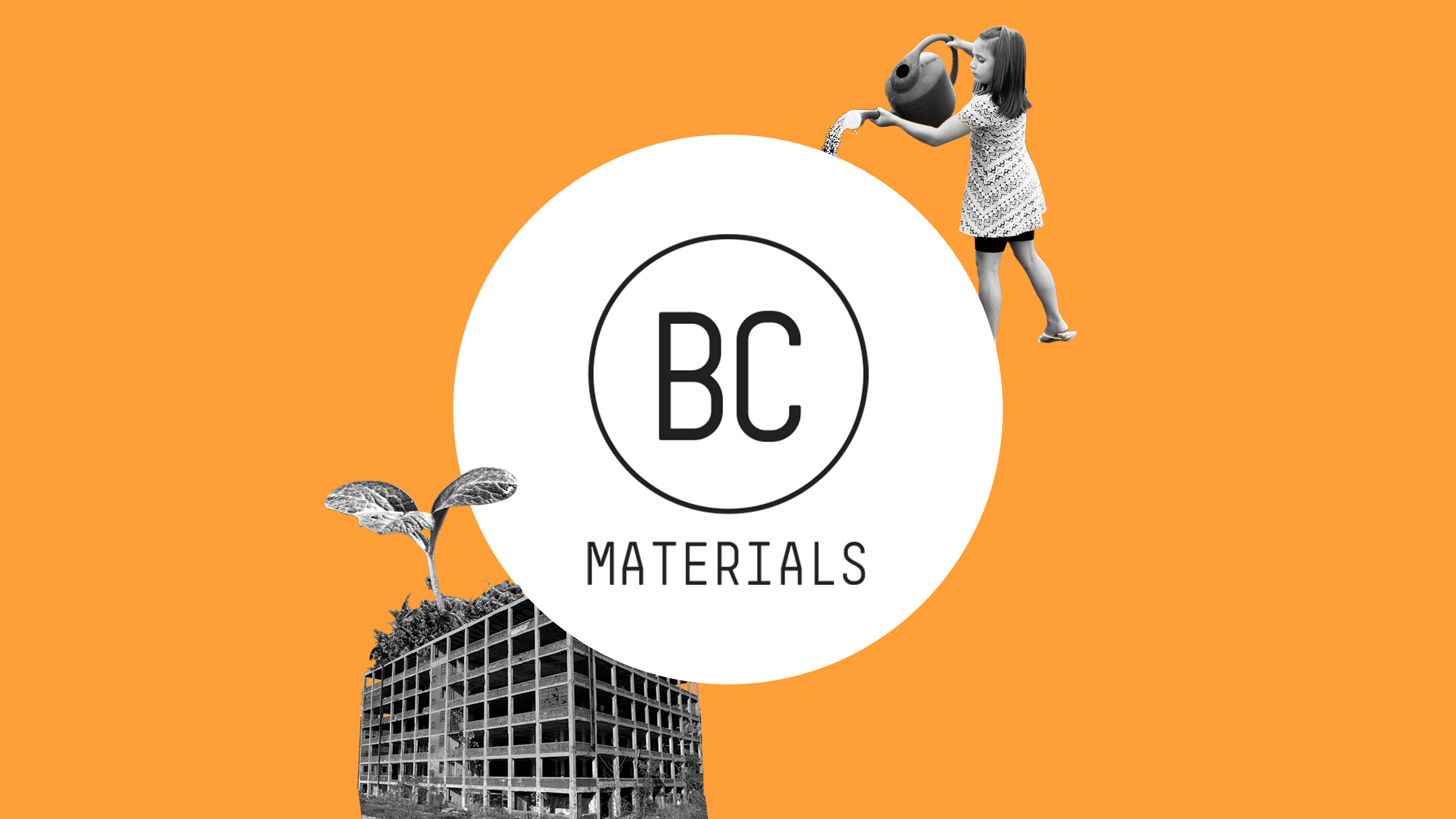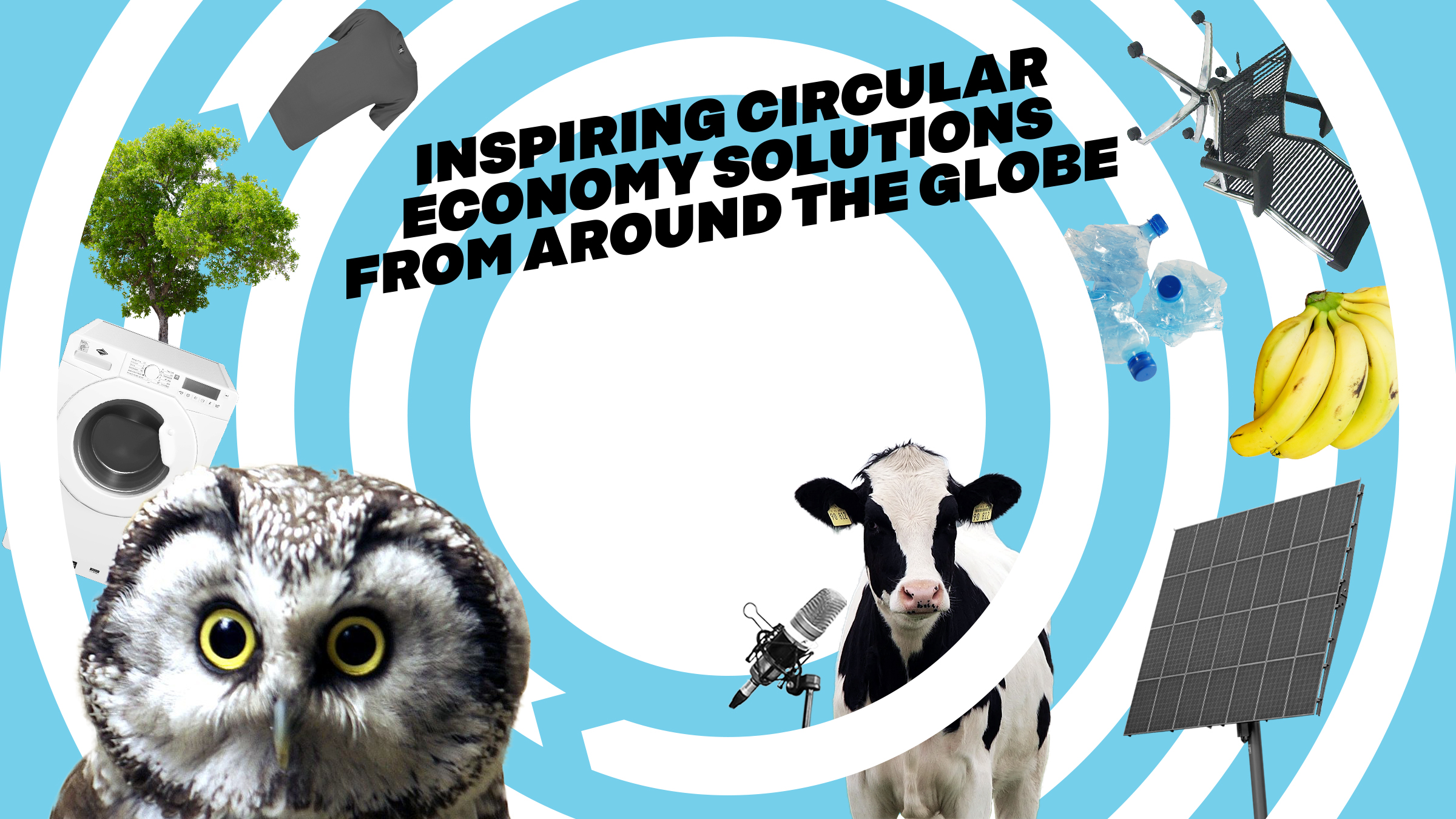Construction is one of the most material- and carbon-intensive industries globally. BC Materials transforms excavated earth into building materials to help jumpstart a circular construction industry. BC Materials’ ambition is to help the building sector lower its carbon emissions, reduce waste and create healthy and qualitative environments for working and living.
The innovation is rooted in an African architectural experience where earth-based building materials are still very much used. In the EU, the innovation is closely linked to the interpretation of regulations regarding excavated land.
Problem
Building construction is one of the most polluting industries in the world. Excavated earth eventually ends up transported far away and dumped into mines, quarries or artificial hills.
This inefficient activity of digging, transporting and dumping creates superfluous transport, air pollution and CO2 emissions as well as stimulates the intensive extraction of other resources.
Solution
BC Materials collaborates with architects, construction companies and transporters of excavated earth to recover earth-mass from construction sites. Without chemical processes, the company transforms the surplus mass into construction materials, such as clay plasters, rammed earth and compressed earth blocks, and sells it directly to building companies, architects, contractors and private customers.
BC Materials links together stakeholders in the building construction’s value chain: BC materials’ strength is that they use already available raw materials and transform the excavated earth-mass to provide it to building companies, architects and home owners in a virtuous closed loop. Construction companies reduce their CO2 emissions and landfilling costs, the real estate owners benefit from alternative local and carbon neutral solutions, and the end users (inhabitants) appreciate better acoustic performance, better air quality inside and out, and better thermal insulation as the buildings are cooler in summer and warmer in winter.
Environmental impact
Re-using locally excavated earth contributes to less transportation and air pollution, as well as preservation of biodiversity, because the solution sources its secondary materials within the Brussels area. Another important point is the improved efficiency of resources, as the production process requires less water and electricity and thus results in less CO2 emissions, even compared to classic fired brick made from virgin raw materials – up to 90 per cent reduction.
Social impact
Re-using locally excavated earth into circular building materials helps strengthen the local networks and the local economy as well as the cohesion in the region. In fact, through the solution, BC Materials has a close partnership with local building companies and architects, who both produce this kind of waste and are willing to have an alternative solution that uses less carbon for end-consumers. Also, BC Materials collaborates with universities to share knowledge about resilient building.


Inspired?
Check out all solutions.